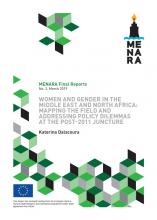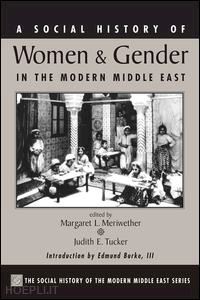Author United Nations Environment Programme – Mediterranean Action Plan – Plan Bleu
Introduction
Over the last decades, human-induced pressures have increasingly affected the Mediterranean region.
Population growth and unsustainable production and consumption patterns have led to environmental degradation. Despite some progress, economic growth continues to increase resource consumption and carbon emissions. Land- and sea-use change, in particular on the coast, are detrimental to the environment. Exploitation of resources and organisms, pollution and climate change are projected to exacerbate pre-existing fragilities in the Mediterranean, leading to “multiple stresses and systemic
failures” (IPCC, 20141), putting health and livelihoods at risk.
Progress has been achieved in policy responses and actions to manage the Mediterranean more sustainably. Results are positive compared to scenarios with no intervention. However, these results have not been sufficient to reduce the most significant pressures on the environment and to safeguard the Mediterranean for present and future generations while meeting human development needs.
Current trends do not allow achievement of Good Environmental Status (GES) of the Mediterranean Sea by 2020. In line with worldwide trends, “global goals for 2030 and beyond may only be achieved through transformative changes across economic, social, political and technological factors” (IPBES, 20192).
Urgent and collective efforts for transformative change are required to safeguard the Mediterranean environment, while simultaneously fostering human development, taking into account differences between Mediterranean countries. Mediterranean countries have committed to achieve GES of the Mediterranean Sea and coast and more largely the Sustainable Development Goals (SDGs) under the United Nations 2030 Agenda. A fundamental reorganization of economic and social systems, including changes in paradigms and values, is required to achieve these commitments.
Document planbleu.org/soed/
Website planbleu.org



